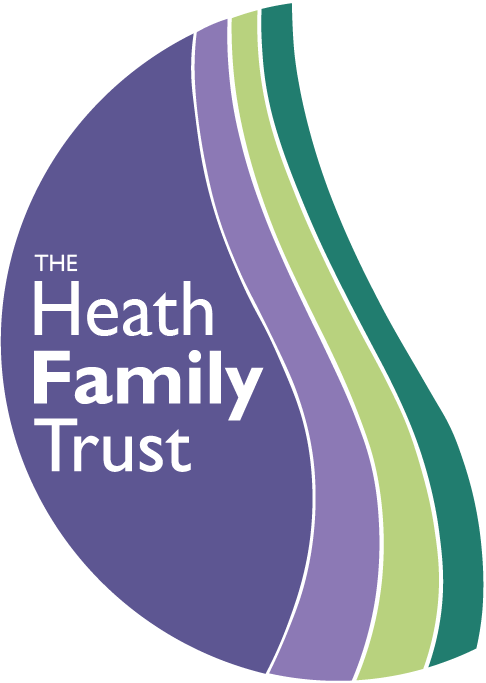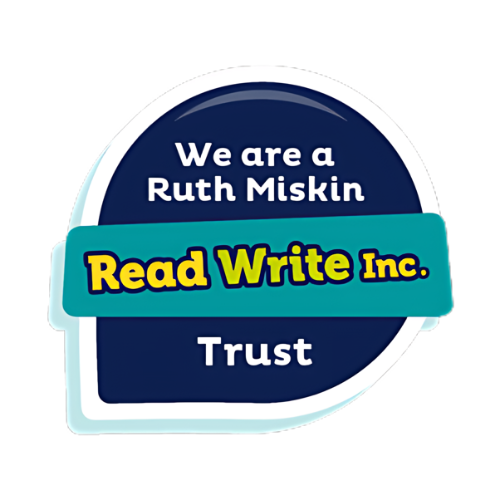English
Reading and Phonics
We firmly believe that reading opens up new worlds, opening the door to endless possibilities. Reading is always a high priority at Daresbury, and we continually review and reflect on our reading provision to ensure that all children develop confidence, fluency and a love of reading as they progress through school.
From January 2023, children in Reception learn phonics through our SSP of Read Write Inc (RWI). They receive a daily phonics session and have further opportunities in school and at home to consolidate their learning.
As part of our ongoing reviews, we have introduced a new approach to guided reading, moving to a whole class mastery approach based on Ashley Booth's reading curriculum. This enables children to experience a range of extracts from different topics, not only developing their reading comprehension but also their wider knowledge and understanding across the curriculum. This also works alongside our links with our class texts used for Ready Steady Write, enabling us to provide a rich reading diet for our children.
The Teaching Booth Reading Curriculum
At school, all children are encouraged to read regularly, and they are all given an appropriate individual reading book for their ability. We ask that they read at least three times a week, but we encourage them to read every night. All children have a reading diary to record reading at school and home. We have a variety of books to not only interest the children but to ensure they access a variety too, from picture books, fiction, non-fiction, classics and modern-day classics. In Reception and Year 1, there is a focus on hearing children read regularly and ensuring they read fluently, and if they are not, support is implemented. Once children are fluent, we focus more on understanding the text. The children are listened to read in class at least once a week, and each half-term (or sooner if a teacher decides), they will be assessed using the Pearson Progress and Assess tests; this informs the book bands the children read.
Alongside developing reading skills, we also want to develop a love of reading in our children. All classrooms have class reading areas with subject-specific books and other age-appropriate reading-for-pleasure books. All children have access to themed mental well-being books. Additionally, all classes have a class novel or shorter story, which is read to them throughout the week by their class teacher. We aim to develop children's love of literature and interest them in various novels, authors and styles. All children have access to Reading Bugs, which is a web-based, ability-appropriate reading scheme which they can access at home and school. Links can be made between Reading Bugs and Wordsmith. In EYFS and Year 1, the children share daily stories using our five favourite initiatives; a book is chosen from a selection of five and read weekly for half a term.
Writing
The whole school follows the Read Steady Write scheme for writing, which is evidence-based. These units have been carefully mapped out, so each year group covers the entire statutory writing curriculum.
Ready Steady Write provides an opportunity for high-quality teaching of writing through children's high-quality literature (Vehicle Texts)—the units of work centre on engaging, vocabulary-rich texts with a wealth of writing opportunities.
Each year group produces 12 pieces of extended writing a year after immersing, analysing, planning and writing. In addition to the 12 extended writing pieces, the children have numerous opportunities to do incidental writing linking to their vehicle text.
Writing expectations are high in all Ready Steady Write units, covering spelling, grammar, handwriting and content.
Spelling
The new National Curriculum clearly outlines the continuity and progression of spelling for Key Stages 1 & 2. From January, we started using Read Write Inc. spelling from Year 2 to Year 6 as our consistent approach. Children from Year 2 to Year 6 will have a 15-minute daily spelling session aimed at their next steps in spelling.


